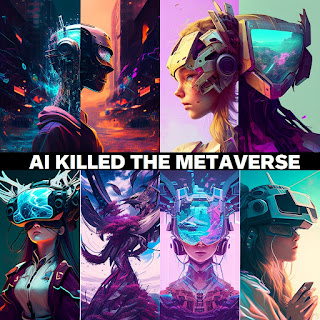What's the best GenAI tool for language learning?
Check out the video for an interesting comparison between ChatGPT , Bing , and Bard when it comes to learning a language. Here's how they are rated: Speaking and listening How easy is it to speak and listen with these GenAI? ChatGPT 2.5 (mobile app) - 2.5. Speaking works, but ChatGPT doesn't listen back. ChatGPT Mod 4.5 ( modified Chrome voice extension ) - Good for speaking and listening Bing 3.0 - voice features (Speaking and listening) are easy to use but no way to trigger a voice response and 30 response limit Bard 4.0 - Speaking and listening features, but mobile not as good as ChatGPT. Speed and accent Which of the GenAI allows you to modify the accent (speed and actual voice accent)? ChatGPT 1.0 - the unmodified version does not let you change speed or accent ChatGPT Mod 4.0 (modified Chrome voice extesion) - this allows you to adjust listening speed and it gives you a choice of accents for popular languages Bing 1.0 - no change of listening speed or a





